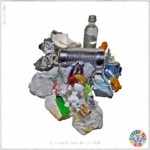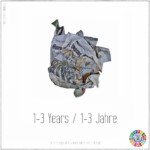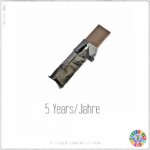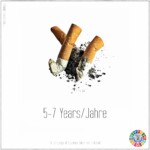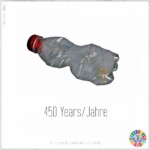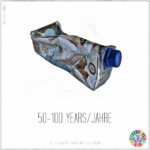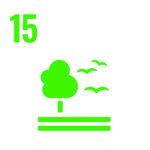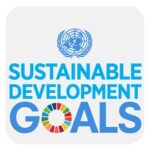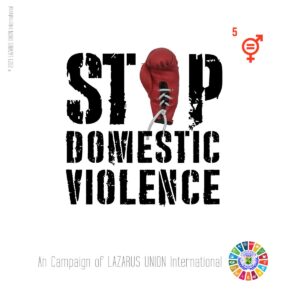Campaign Waste Rotting
Addressing the Global Crisis of Discarded Items: A Call to Action
In a world grappling with numerous challenges, one issue that demands urgent attention is the global crisis of discarded items. From single-use plastics to electronic waste, our planet is inundated with materials that harm the environment, threaten biodiversity, and jeopardize human health. For the Lazarus Union as an NGO with general consultative status at the United Nations, it is our responsibility to advocate for sustainable solutions and mobilize communities worldwide to combat this pressing issue.
The Scope of the Crisis:
The magnitude of the global crisis of discarded items is staggering. Every year, millions of tons of plastic waste pollute our oceans, endangering marine life and disrupting ecosystems. Electronic waste, including discarded smartphones and laptops, contributes to hazardous pollution and poses significant health risks due to the toxic substances they contain. Moreover, the improper disposal of textiles, food waste, and other materials further exacerbates environmental degradation and strains our planet’s resources.
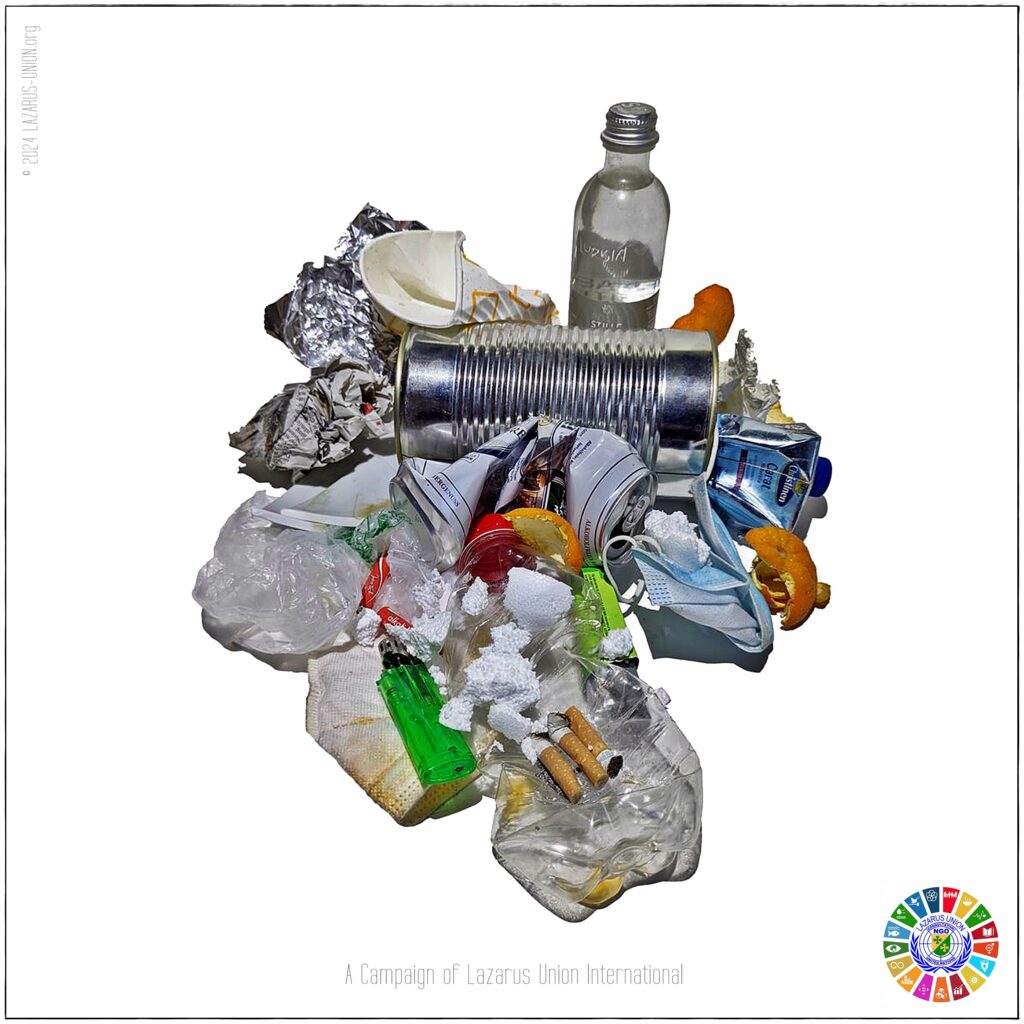
The crisis of discarded items intersects with several Sustainable Development Goals (SDGs), making it a multifaceted challenge that requires comprehensive solutions.
- SDG 11: Sustainable Cities and Communities – Improper waste management contributes to urban pollution and jeopardizes public health in cities worldwide. By promoting recycling initiatives, implementing waste reduction strategies, and investing in sustainable infrastructure, we can create cleaner, more livable cities for present and future generations.
- SDG 12: Responsible Consumption and Production – The excessive consumption and disposal of goods contribute to resource depletion and environmental degradation. By promoting sustainable consumption patterns, encouraging product reuse and recycling, and supporting circular economy initiatives, we can minimize waste generation and foster more sustainable production processes.
- SDG 14: Life Below Water – Marine ecosystems suffer immensely from plastic pollution, endangering marine species and disrupting oceanic ecosystems. By reducing plastic usage, implementing effective waste management practices, and promoting ocean conservation efforts, we can protect marine biodiversity and ensure the health of our oceans.
- SDG 15: Life on Land – Landfills and improper waste disposal practices contribute to soil contamination, deforestation, and habitat destruction. By promoting sustainable land management practices, restoring degraded ecosystems, and raising awareness about the importance of biodiversity conservation, we can safeguard terrestrial ecosystems and mitigate the impacts of the discarded items crisis.
- SDG 3: Good Health and Well-being – The improper handling of electronic waste exposes communities to hazardous chemicals and pollutants, posing serious risks to human health. By promoting safe recycling practices, enforcing regulations on e-waste management, and raising awareness about the health impacts of improper waste disposal, we can protect human health and well-being.
Conclusion:
Addressing the global crisis of discarded items requires concerted efforts from governments, businesses, civil society organizations, and individuals worldwide. As an NGO with general consultative status at the United Nations, we are committed to advocating for sustainable solutions, fostering international cooperation, and empowering communities to take action. Together, we can mitigate the impacts of the discarded items crisis, protect the environment, and advance the Sustainable Development Goals for a more sustainable and equitable future.
